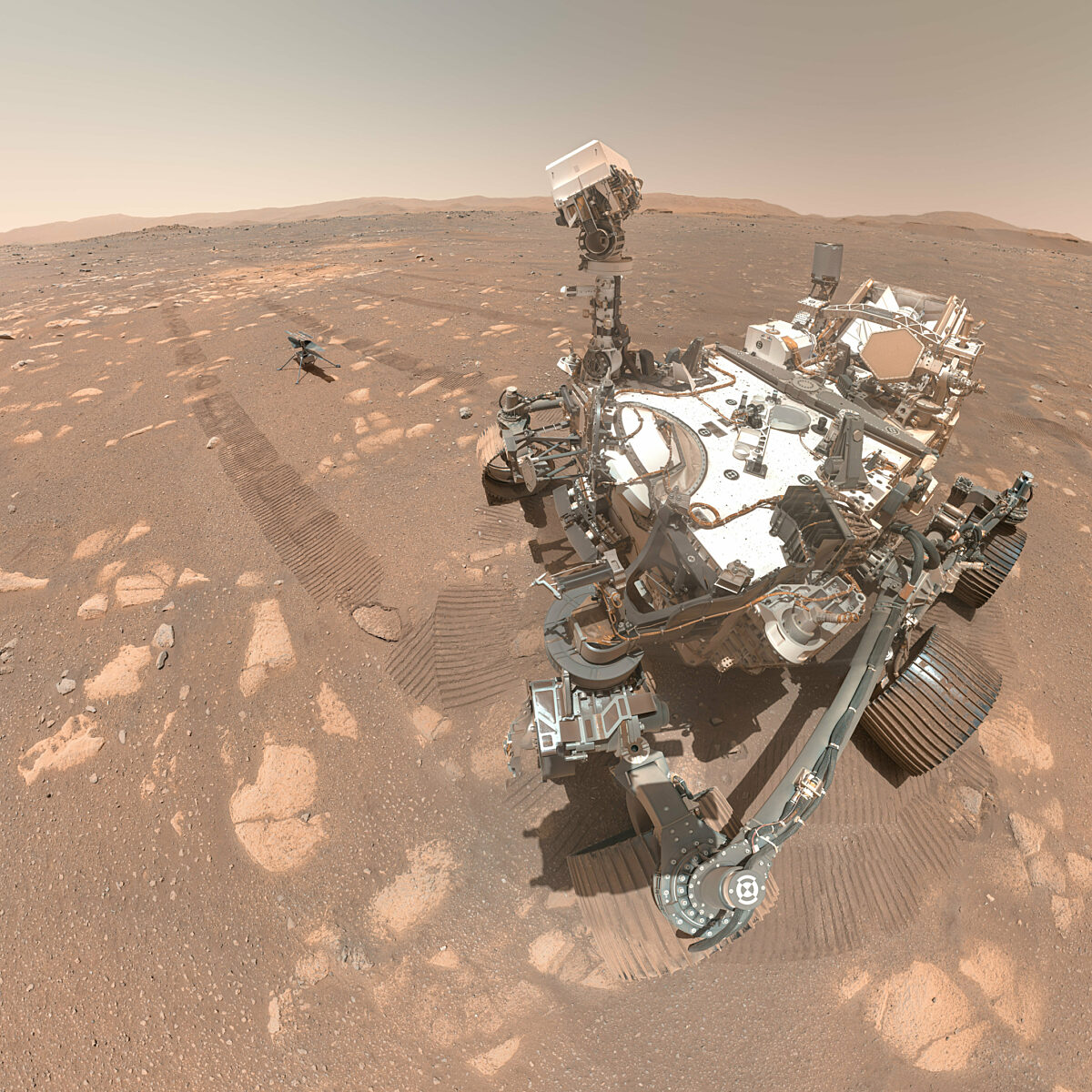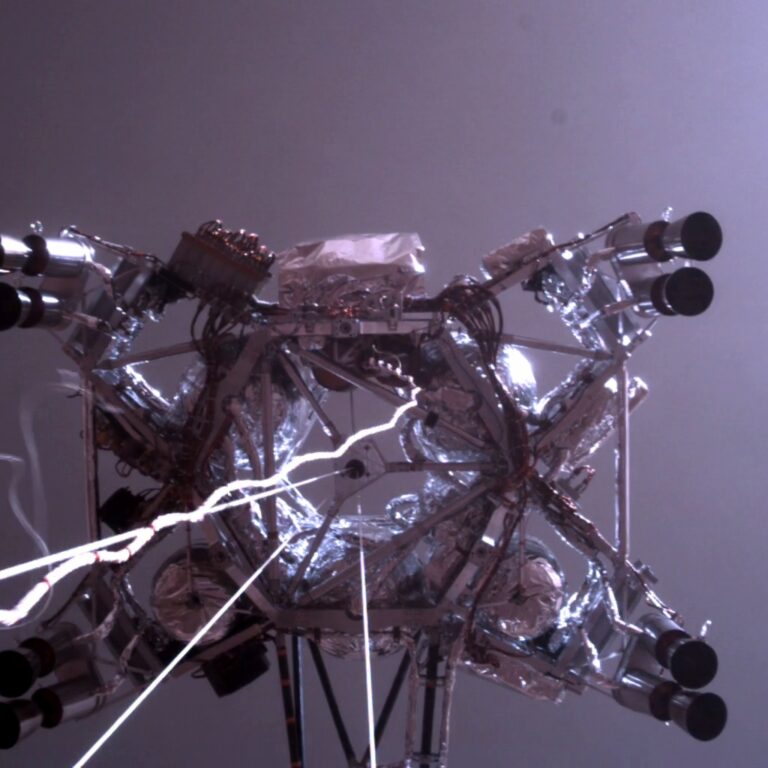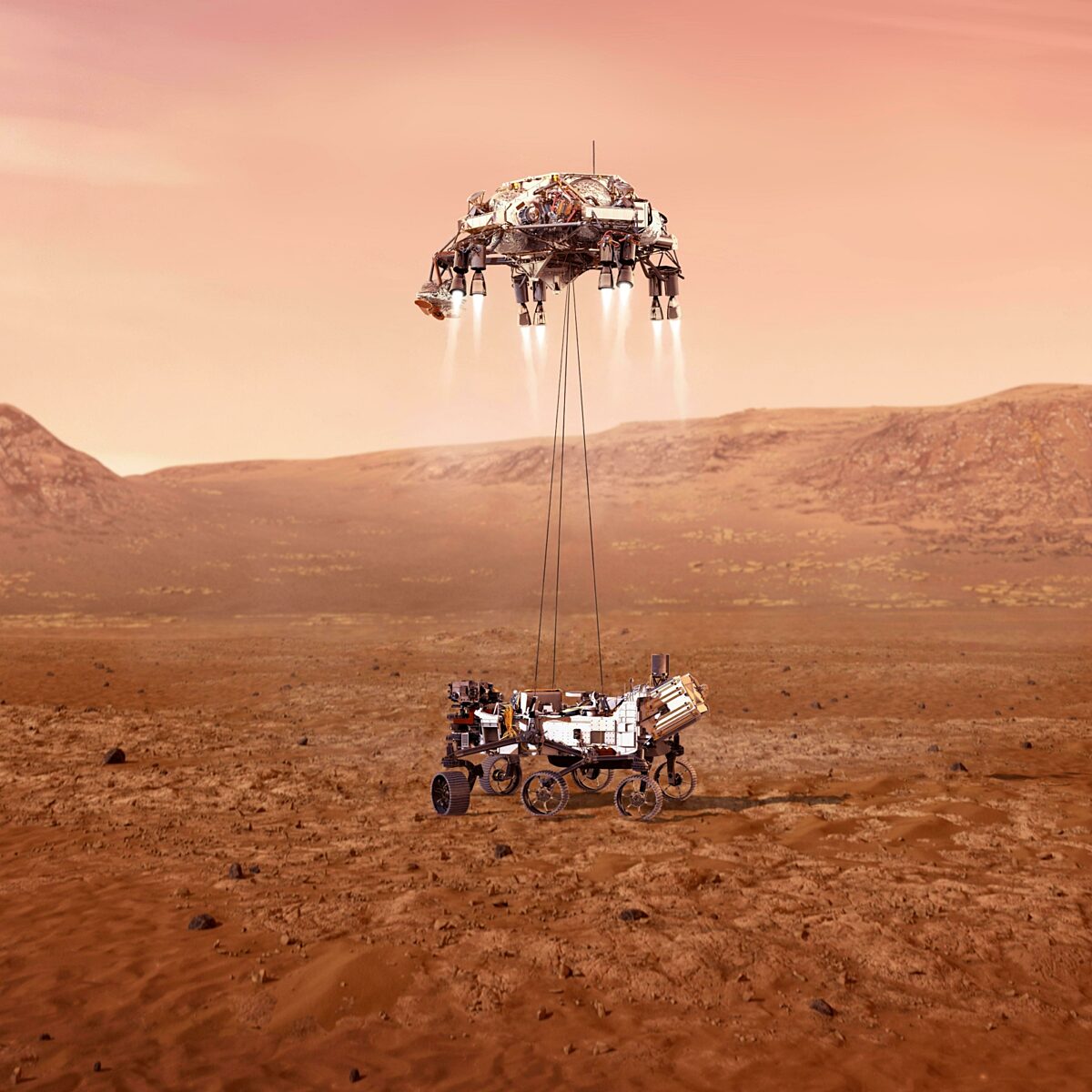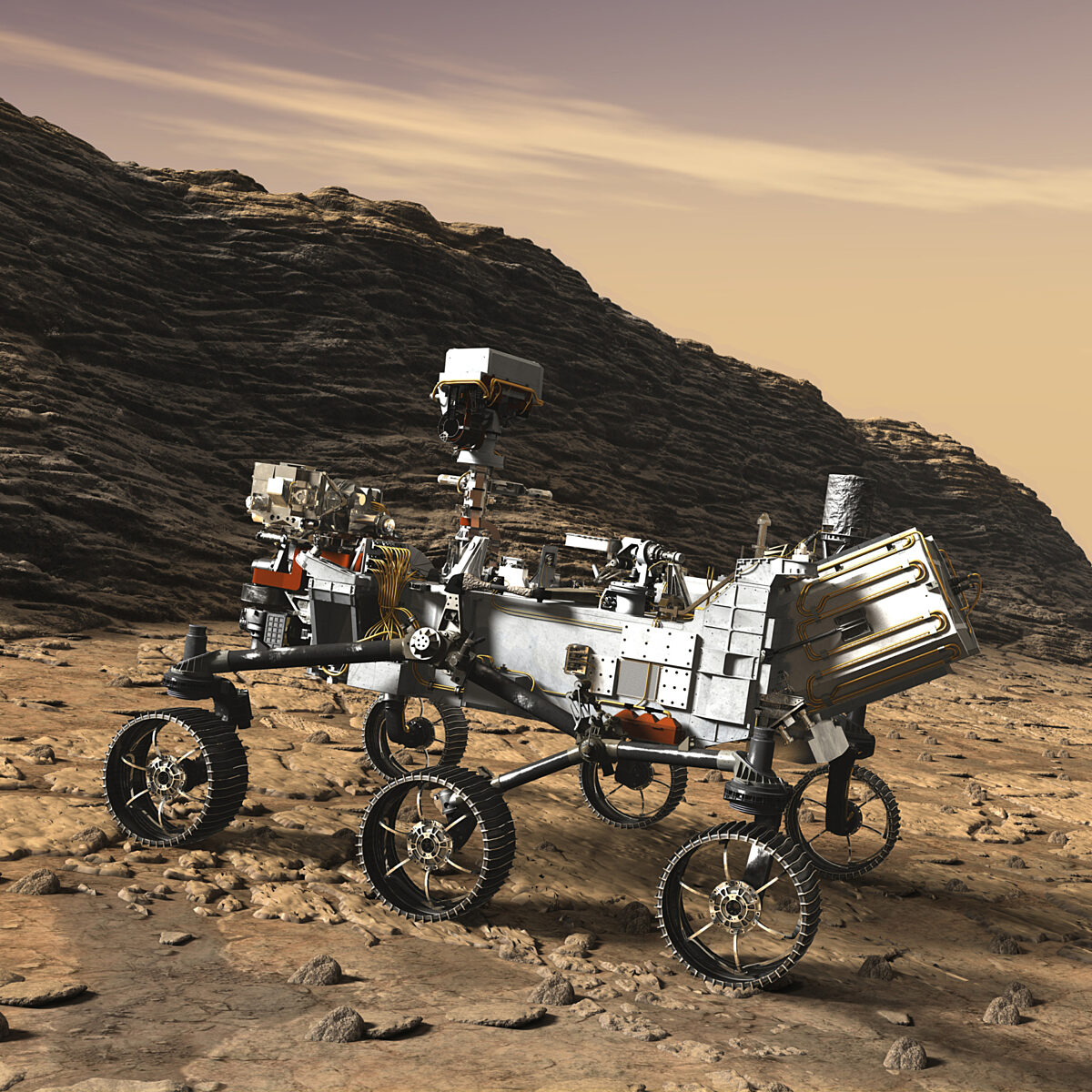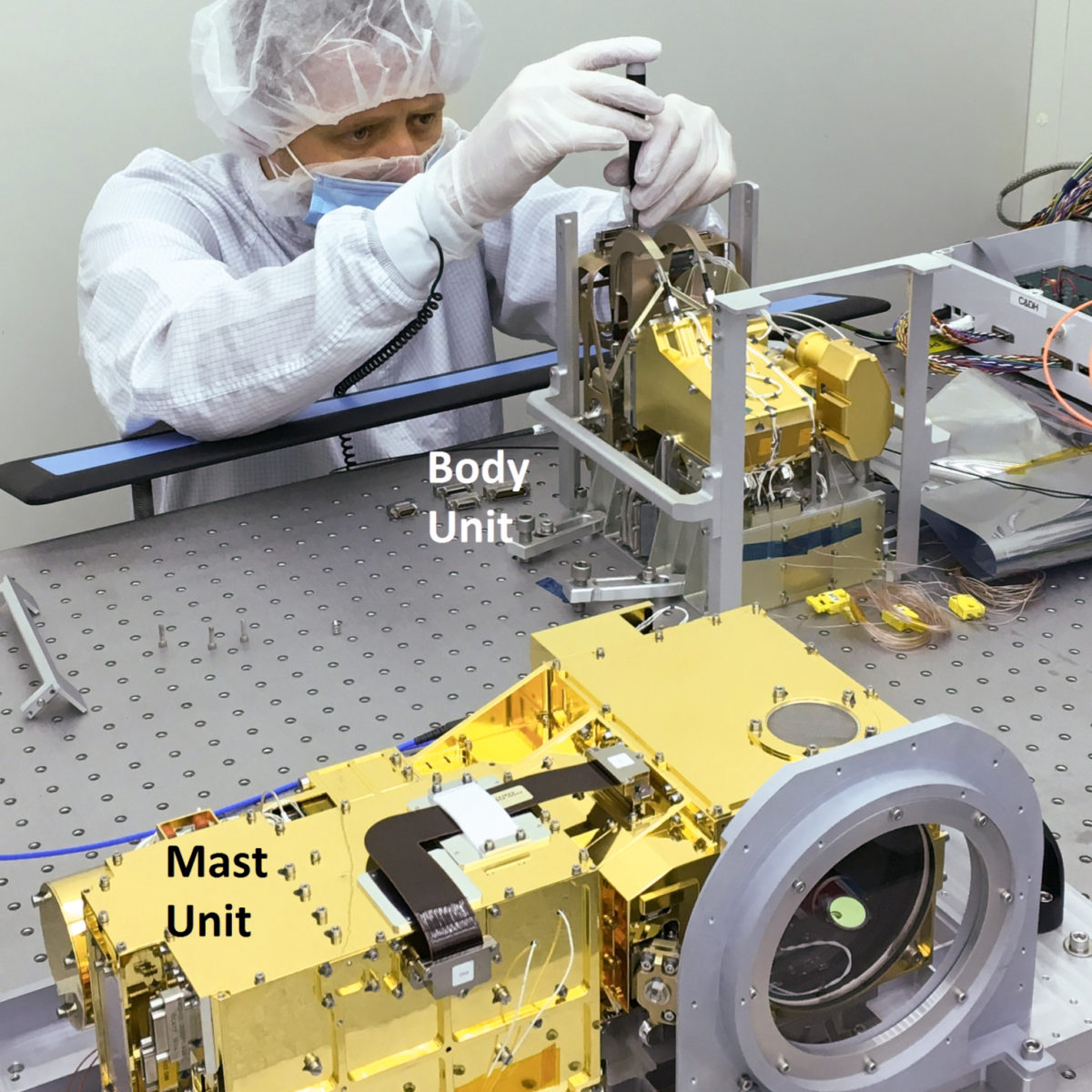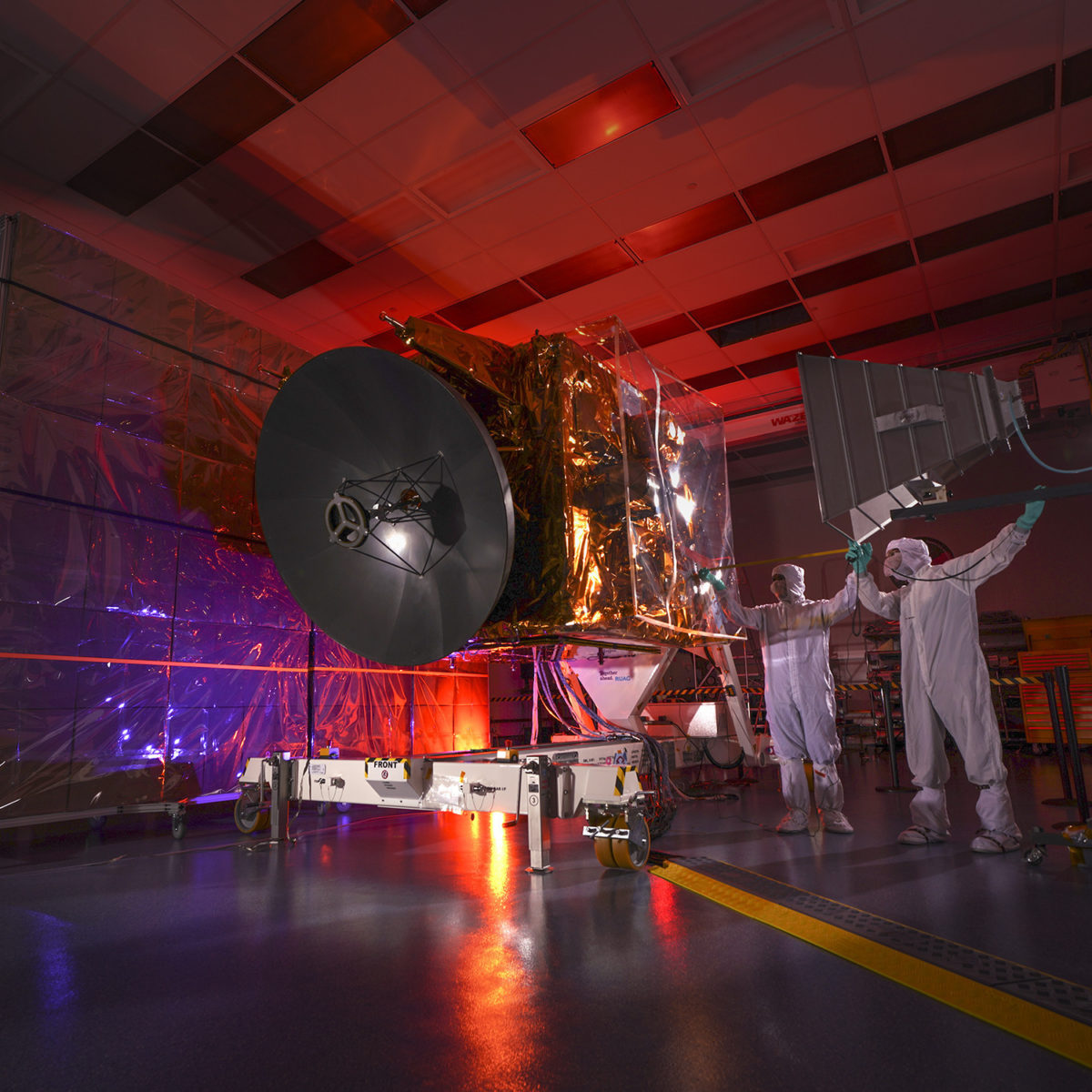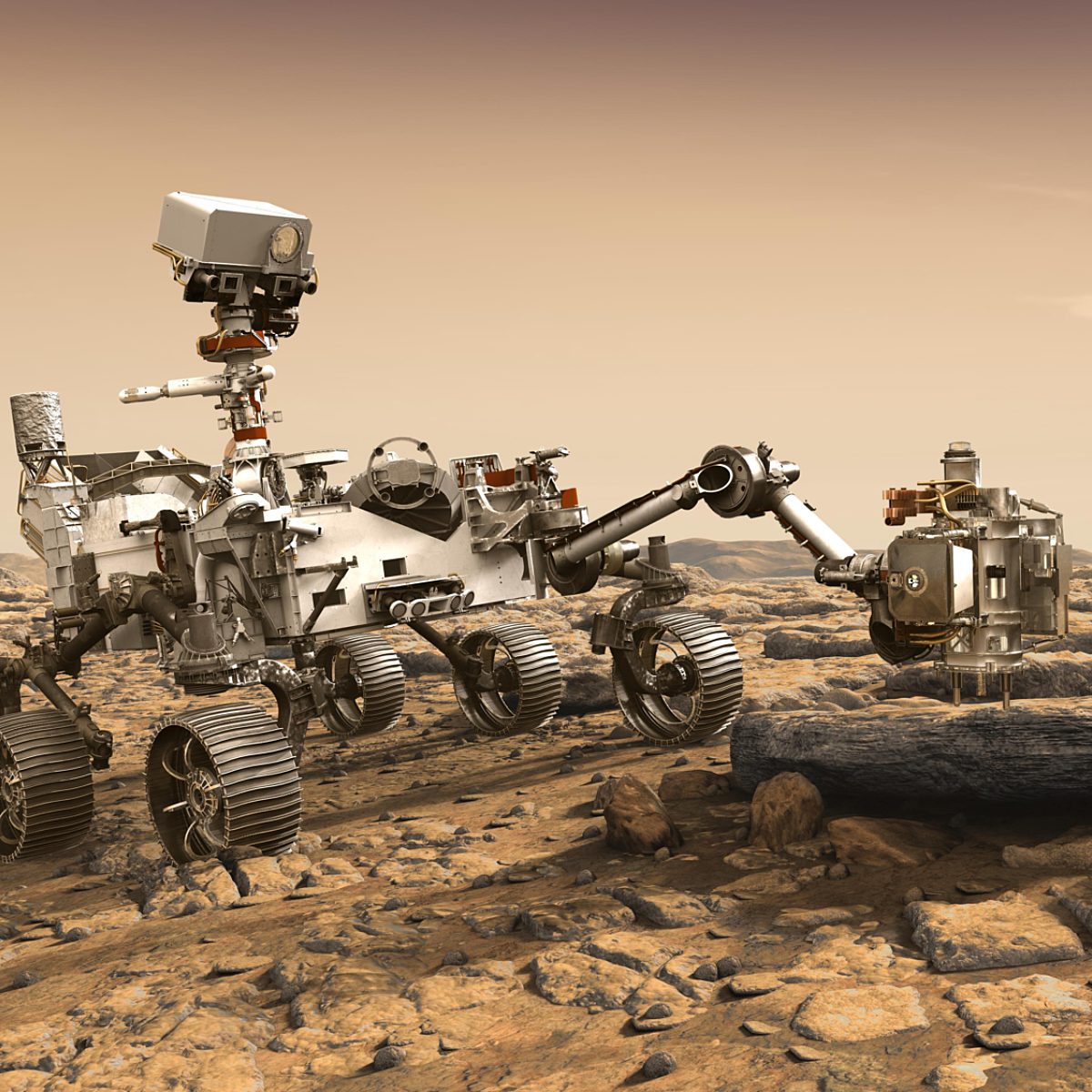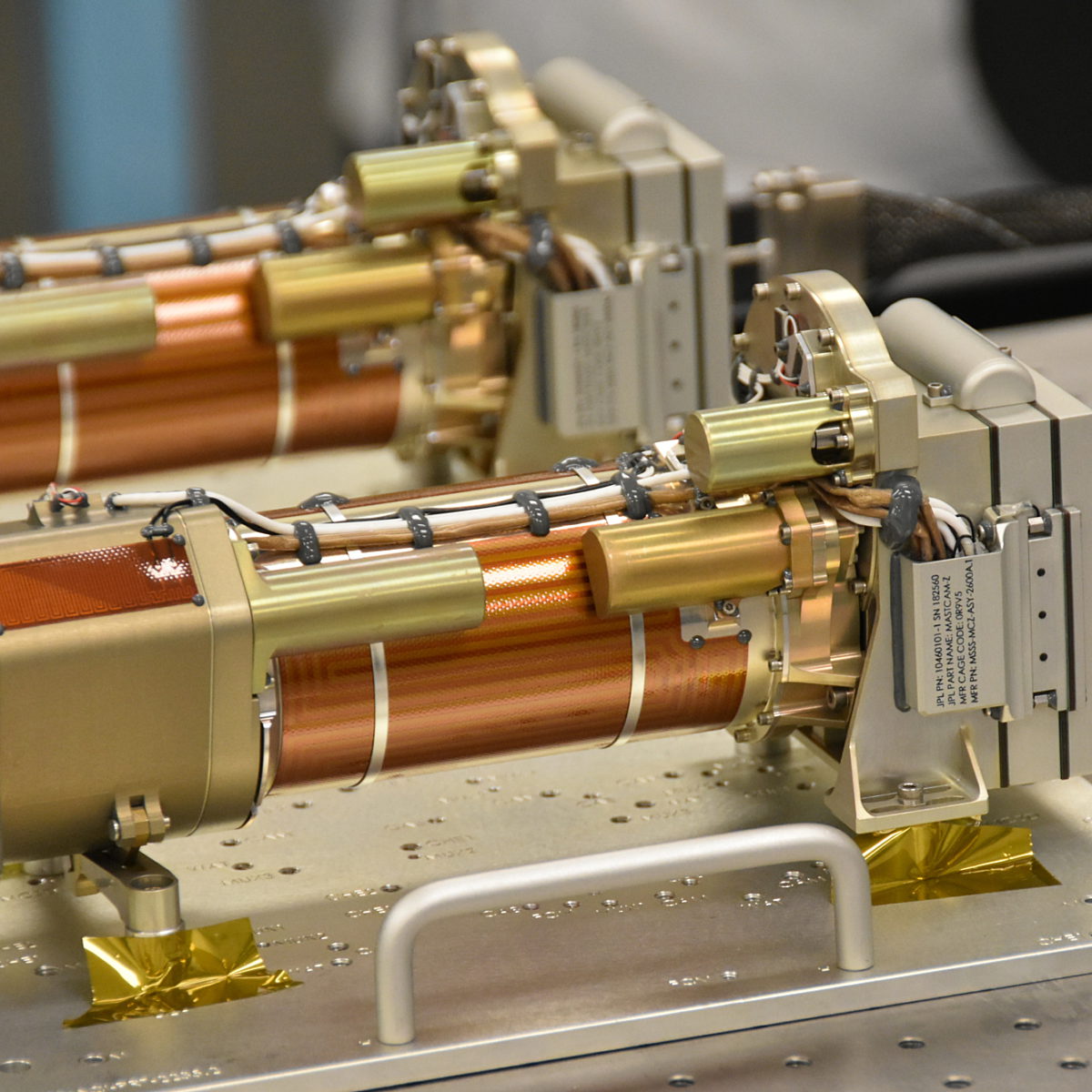Since 2002, Planetary Radio has visited with a scientist, engineer, project manager, advocate, or writer who provides a unique perspective on the quest for knowledge about our Solar System and beyond. The full show archive is available for free.
Search Planetary Radio
Matt Golombek, project scientist for the Mars Exploration Rover Project, joins Planetary Radio to celebrate the 20th anniversary of the landing of the Spirit and Opportunity rovers on Mars.
Sam Birch, an assistant professor at Brown University, explores what we know about the alluvial rivers of Earth, Mars, and Saturn's moon Titan.
Meenakshi Wadhwa, principal scientist for Mars Sample Return at NASA JPL, updates us on the missions that will bring bits of the red planet back to Earth.
Jason Achilles, a musician who partnered with NASA’s JPL to help put one of the first microphones on Mars, shares his journey and the joy of listening to the sounds of the red planet.
The DART spacecraft’s impact on asteroid moonlet Dimorphos is days away, so we’ll check in with Mission Coordination Lead Nancy Chabot as well as Simone Pirrotta, program manager for the LICIACube probe that will be watching the smackdown.
Getting precious Mars rocks into Earthbound labs is an unprecedented challenge. We'll learn how a lander, a rocket, a big solar-powered transfer vehicle and two helicopters will take on this task.
The Mars 2020 rover has rolled into an ancient river delta on the Red Planet. Will we find evidence of past life there?
The Perseverance rover’s chief robotics engineer takes us for a spin across Mars.
The leader of the Mars Helicopter test mission celebrates her team’s success and explores the daunting challenges they overcame.
NASA’s Ingenuity Mars Helicopter makes a successful first flight on the Red Planet, while two researchers offer new insights on the first interstellar object discovered in our solar system.
Perseverance rover deputy project scientists Katie Stack Morgan and Ken Williford share the latest developments from Mars’ newest robot resident.
Relive the most dramatic and awe-inspiring moments from NASA’s Perseverance rover landing on Mars.
Author of The Martian Andy Weir and the leader of the United Arab Emirates’ successful Hope Mars orbiter mission joined other Mars all-stars at Planetfest ’21.
JPL engineer Gregory Villar prepares us for the perilous descent and landing of the 2020 Mars rover on February 18th.
In spite of everything, 2020 was a good year for space exploration according to five of The Planetary Society’s experts.
Making oxygen from the Martian atmosphere will be essential if humans are ever to visit and work on the Red Planet, and the MOXIE experiment will soon show us how.
SuperCam principal investigator Roger Wiens shares how his new and improved laser-based spectrometer will help look for past life in Jezero Crater, while its microphone lets us listen to the Red Planet.
Our special guests are the leaders of the Emirates Mars Mission whose Hope spacecraft is now headed for the Red Planet.
Join the mission’s deputy project scientist as the Perseverance rover prepares to search for life on the Red Planet.
The leader of the Mastcam-Z team talks about how the best cameras ever on the surface of Mars will help us explore a region that could once have supported life.


 Explore Worlds
Explore Worlds Find Life
Find Life Defend Earth
Defend Earth







